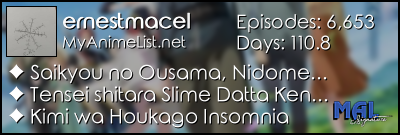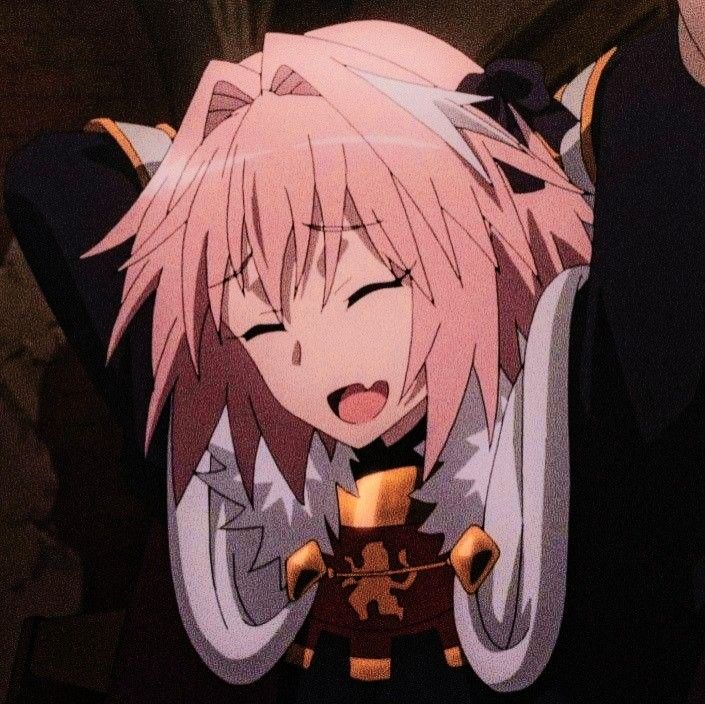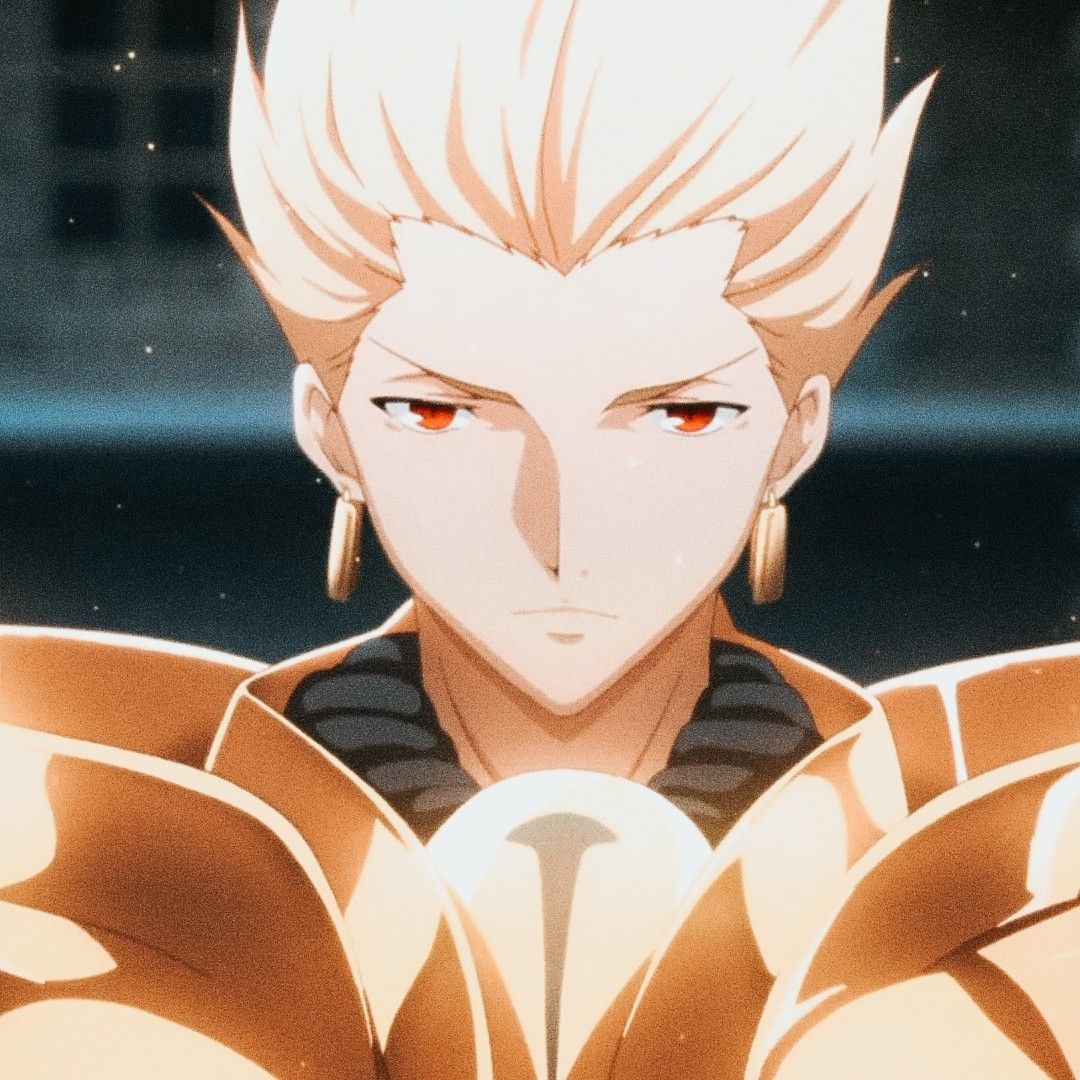MizunoWaveRider said:WatchTillTandava said:It's also for that reason which leads me to believe it's something (and this ties into the environmentalism some mention, or you could say the deep ecology perspective it offers) which would come off as preachy to some, and beyond that, even innately and instinctively repellent to those who either celebrate and embrace anthropocentric-derived morality and values, or subconsciously internalize anthropocentrism and its outlook. Even though, at least in my subjective experience, it seems to me like so many series of this type, it's not attempting to forcefully instruct or command the viewership in a way like "You must believe this!", but just initiating a dialogue and asking very poignant, interesting, even existential questions, which undoubtedly inevitably riles some people up.
Parasyte lacking nuance in its message is a myth in my eyes. The author doesn't deny that he started the story with a pro-environmentalism mindset, but as the story continues you can see him sympathizing more and more with the "selfish" human mindset, which climaxes in the final battle between Izumi and Gotou where Izumi wonders if he has the right to kill him but decides to do so anyway because he puts protecting his loved ones over some environmentalistic ideal that he doesn't even fully understand himself. It's a clear message expressed through a binary decision the protagonist had to make, but I don't see how it's forced when the author earned it over almost 70 chapters of constant development and looking at the theme from various angles. It's not demonizing one side to make the other side look good, nor does it take the easy way out by taking the decision away from the protagonist.
Yes, and also notable in that situation and scene, might I add, at least as it was portrayed in the anime, is the fact that the reason why Shinichi is personally tasked with killing Gotou in the first place is because at that very moment of truth Migi shies away from it. Migi, who previously wouldn't think twice about exterminating another one, a dozen, 100 of other parasites, humans, dogs, cats, a school of fish, or any living thing, because he is portrayed as possessing a single-minded drive toward maximization of chances of survival to the exclusion of even consideration of all else and depicted more like I would imagine the inner workings of the mind of an insect or bacterium would be portrayed, is moved to inaction. And it's insinuated that at least for his one human partner or "friend", and now, also, members of his own species, he has gained some of the empathetic sense typical of a mammalian social animal. 














